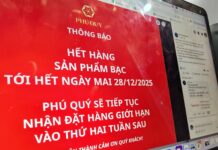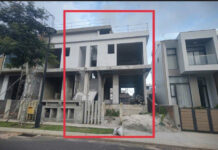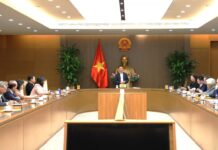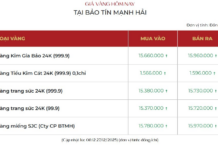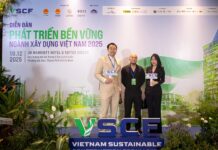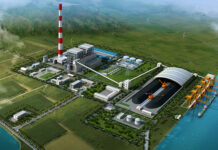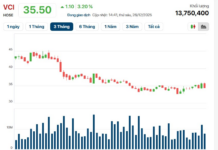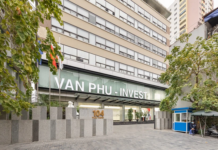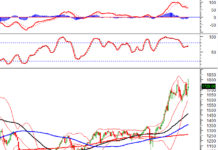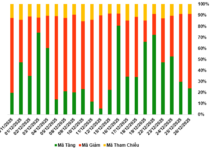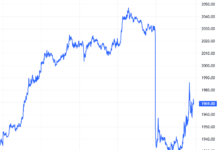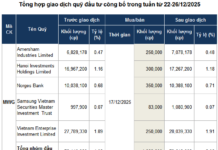In CBRE Vietnam’s recent report “Two Decades of Urban Development,” the organization stated that since 2015, the government has started removing barriers for foreigners to own real estate in Vietnam.
The Housing Law of 2014, which came into effect in 2015, allows foreign individuals entering Vietnam to buy houses. While there is no limit on the number of houses a foreigner can buy, the law specifies the maximum number of foreign individuals who can own houses within a project. For example, it is set at 30% of the total number of apartments for apartment projects and not exceeding 250 landed houses within an administrative unit at the ward level.
The rental period is defined as 50 years and may be extended according to the current law but not exceeding 49 years or can be converted into long-term ownership if the foreign individual marries a Vietnamese citizen.
Since the relaxation of the policy on foreign property ownership in 2015, customers from China, Hong Kong, Taiwan, and South Korea have become major investor groups. These groups accounted for approximately 75% of the real estate market in Vietnam due to their close geographical proximity.
This wave is also driven by the presence of foreign investors in Vietnam. The real estate market in Vietnam is also assessed as having strong price potential compared to their home countries – places that have gone through similar price increases in the past.
According to CBRE, from 2015 to Q3/2023, over 3,000 foreigners have bought real estate in Vietnam, with 90% purchasing condominiums. Foreign customers prefer condominium products, especially luxury segments in Ho Chi Minh City and Hanoi. Projects with good locations, suitable prices, and strong growth potential in the future are the investment preferences of foreigners.
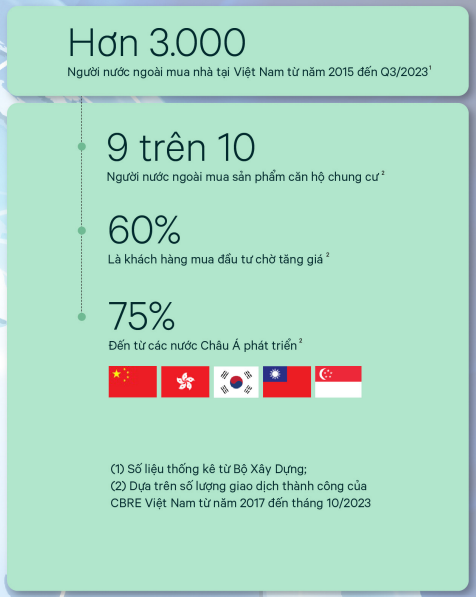
According to CBRE, 60% of foreign customers who buy condominiums invest in them for the purpose of waiting for price increases, and 75% of visitors come from developed Asian countries.
CBRE also stated that the majority of foreigners who purchase real estate in Vietnam do so with the intention of waiting for price appreciation. A small number will rent out their apartments as a temporary solution while waiting for the sale price to increase.

